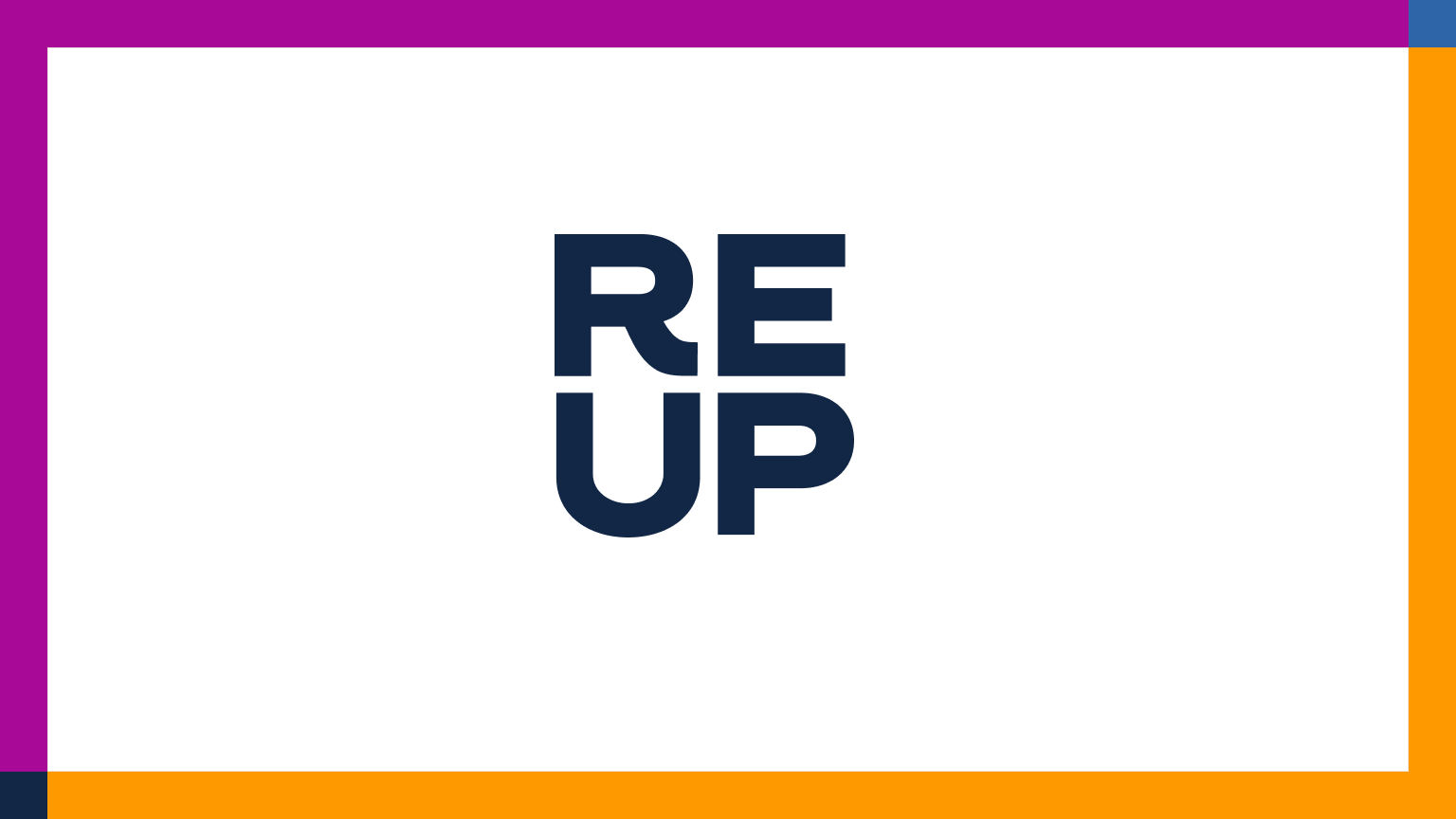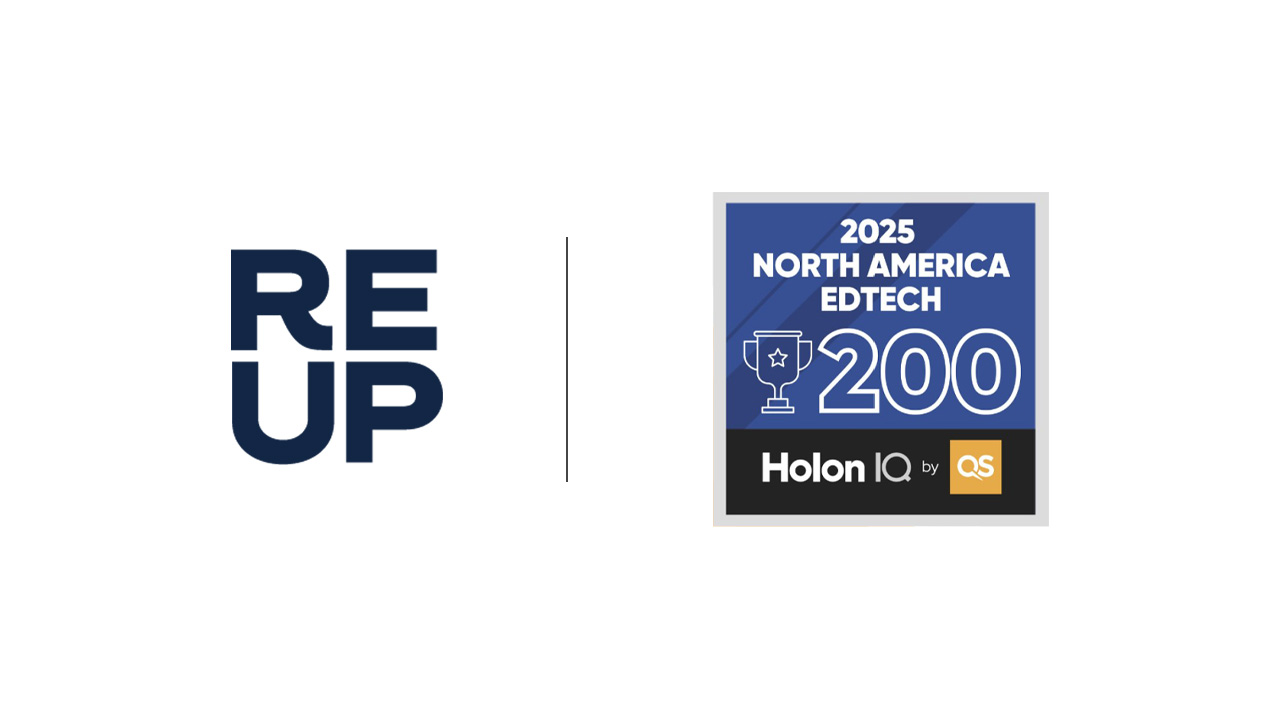For the last 10 years or so, universities have contracted Online Program Management companies (OPMs) to create and run their online degree programs. The OPM does everything that accreditors allow: it maps out the curriculum, designs the coursework, does lead generation, enrolls students, offers support and coaching, delivers courses, handles the grading, you get the idea. In return, OPMs typically command a tuition revenue share of anywhere from 40-60%.
However, this trend of contracting full-service OPMs is beginning to shift, as I explained recently in an Edsurge article on the “The Great Unbundling” of OPMs. The traditional online degree marketplace is crowded and many universities are increasingly hesitant to sign long-term contracts that commit to whopping revenue share percentages. Instead, many universities are looking to firms with specific expertise in one area of the online education business system, allowing them to provide higher quality service and differentiate themselves from others. One such firm is Ranku, which focuses exclusively on increasing lead generation by taking advantage of existing traffic to the university’s Web site. Ranku was recently acquired by the publisher Wiley.
“I said somebody’s got to take care of him So I quit school and that’s what I did.” – Tracy Chapman, Fast Car
Aside from lead generation and enrollment, one of the key challenges of any online program is a high dropout rate. Work, financial issues, and family commitments (also known as life) continue to get in the way of academic progress. And as a college degree continues to be the sine qua non of any professional career, drops are not only a problem for institutions, they’re a major socio-economic problem.
To counter high dropout rates, large online universities, beginning with for-profits like University of Phoenix, have pioneered specialized “re-entry” teams to target recent drops and re-start them in their academic programs. As traditional universities serve enroll more students through their online (mostly OPM-run) programs, they too will need to address re-entry.
While some OPMs will attempt to bundle re-entry services to their university partners, it seems more likely that re-entry will become another major unbundled element of the online business model. Neither traditional universities nor OPMs have yet developed expertise in re-entry. Re-entry requires a combination of data analytics, success coaching, and technology support, not to mention the basic task of locating former students via up-to-date contact information. (Remarkably, most universities have little in the way of up-to-date contact information for former students.)
Excelling at re-entry also requires specialized knowledge of this student population as well as tailored coaching from people who truly understand the challenges they face. Coaches must be able to engage students in such a way that they feel empowered to take advantage of their second (or third) try at a degree, and understand just how much of a difference that degree could make.
ReUp Education is the first service provider focused exclusively on re-entry. ReUp employs coaches who have direct experience working with underserved students, and utilizes data analytics to provide coaches with the information they need to find, connect with, and guide students through re-entry. This winter, ReUp will be helping its first students navigate re-entry via partnerships with Western Governors University and Bellevue University. As CEO Nitzan Pelman explains, “I started ReUp because failure to complete has become a national epidemic and no one else is focused on helping get these most vulnerable students back on track. Helping a student re-enter and then complete not only changes a life, it helps our country.”
If re-entry specialists like ReUp are successful, thousands of students who were not able to finish degrees their first go-round will get a much needed and deserved second chance. And that will make America healthier and stronger.



